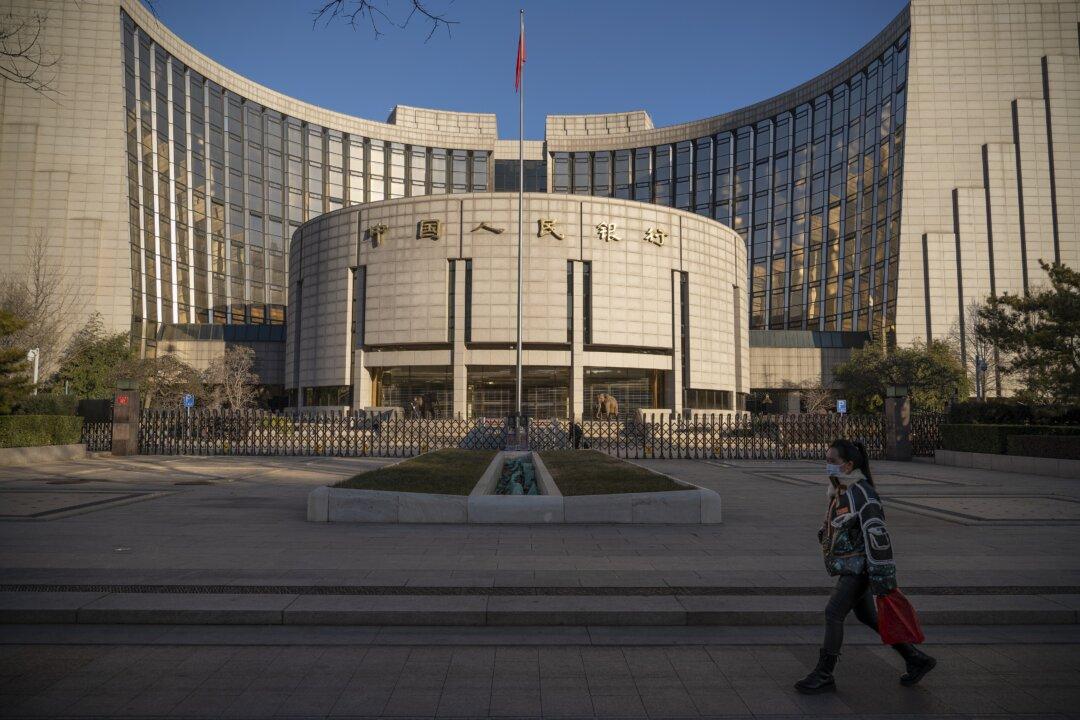News Analysis
China is shifting its global asset portfolio in response to sanctions on Russia and is in the process of stabbing the West in the back.

China is shifting its global asset portfolio in response to sanctions on Russia and is in the process of stabbing the West in the back.